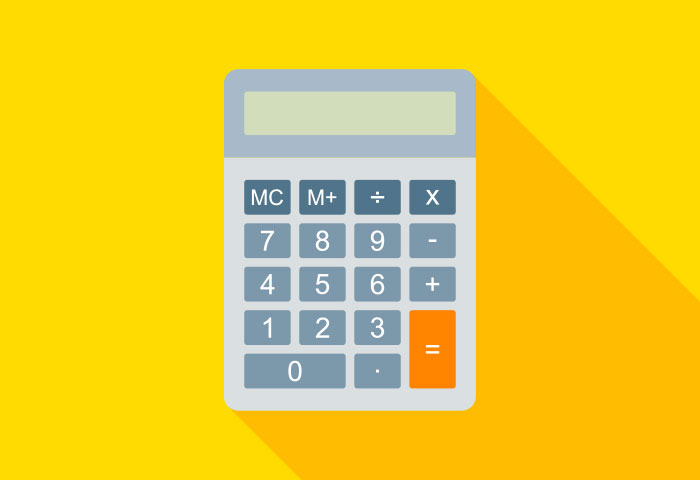How we got here
The renting-vs.-buying question is not something that people usually ask and answer just once. This is a decision with many moving parts, and things change: Your down payment savings grow, you consider moving to a cheaper or more expensive area, you’re curious what happens if you spend less on a home, or more.
You’ll need just seven pieces of information to use our Rent vs. Buy Calculator, things you may already know or have been tossing around in your mind:
- Where you want to live
- The home’s purchase price (wondering how much house you can afford? There’s a Home Affordability Calculator for that)
- Your down payment (We’ve got a Down Payment Calculator for that, too)
- The term of your mortgage (a 30 year mortgage is most common)
- How long you think you’ll live there
- The cost of renting a similar home
To make things easy, we made a number of assumptions about other typical costs that factor into this calculation. They’re visible and you can easily change those numbers for a more customized result. You can see, for example, that we assume your security deposit for renting is equal to one month’s rent, and that you’re making a 20% down payment. But again, you can adjust these figures to exactly what applies to you.
What factors should you consider when deciding whether to rent or buy?
Location
Location counts. Where you choose to live may decide the buy vs. rent question for you. In high-priced real estate markets like San Francisco, renting could be the only affordable option. In addition to home prices and monthly rents, important factors when deciding where to live include safe neighborhoods, good schools, proximity to public transportation, walkability, drive times to work, shopping and recreation. Also consider the supply of rentals or newly built homes: Are they appealing, plentiful and affordable? Style — of a home, an apartment, a town or a neighborhood — plays a role, too.
Intangibles
Some pieces of our decision are not easily quantifiable, but they could be the most important, such as:
- Stability (you, not the landlord, can choose when you’ll move)
- Financial predictability (a fixed-rate mortgage payment doesn’t change)
- Freedom to renovate
- Pride of ownership
- Growing home equity that you can borrow against
- Flexibility (renters are free to move and are exempt from home maintenance)
Costs of a home purchase
The upfront cost of buying a home is the biggest barrier for many would-be buyers. In addition to a down payment, you’ll need to save for closing costs, which will run you about 3% to 5% of the loan amount.
Costs of owning
You can’t put your wallet away once you’ve solved the buy or rent problem by buying a home. You’ll keep paying mortgage insurance (for a period of time, anyway), property taxes, homeowners insurance and HOA dues (if they apply). And then there are repairs, upkeep and the cost of furnishing and upgrading your new crib.
To use the Rent vs Buy calculator visit this page: https://www.nerdwallet.com/mortgages/rent-vs-buy-calculator
https://www.nerdwallet.com/mortgages/rent-vs-buy-calculator


